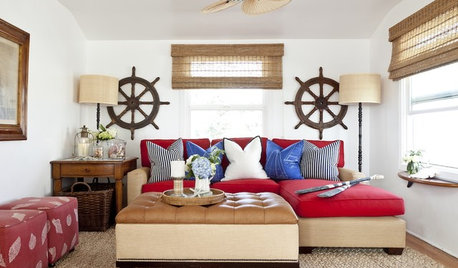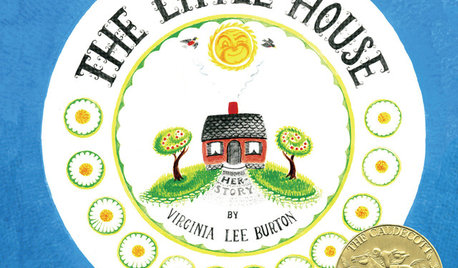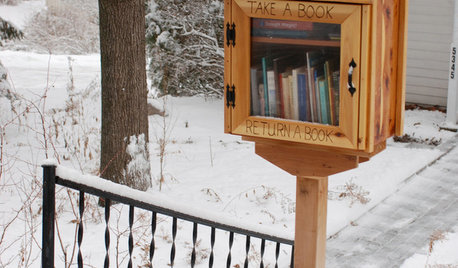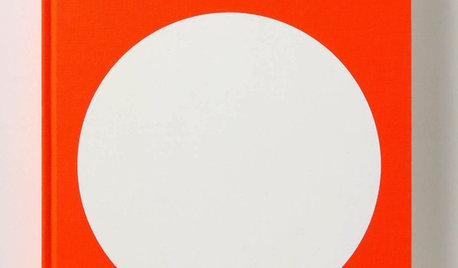Books books books
earthwatersunwind
17 years ago
Related Stories

DENS AND LIBRARIES20 Book Lover’s Spaces That Will Make You Want to Read
Borrow these ideas from spaces designed around a love of books
Full Story
HOMES AROUND THE WORLDWorld of Design: 11 Book Lovers and Where They Like to Read
Bibliophiles across the globe reveal their top books and favorite reading spots, from a 2-story library to an artfully curated book nook
Full Story
DECORATING GUIDES12 Spaces That Prove There’s Always Room for Books
Be inspired by the bookworms on Houzz who have won the book storage war
Full Story
TASTEMAKERSA New Decorating Book Celebrates Expert Style Mixing
Old-world classic, traditional and modern elements harmonize in Stephen Sills' gift-worthy new decorating book
Full Story
DECORATING GUIDESBook to Know: 'Barclay Butera: Living on the Coast'
Even if your style is modern or elegant, this book can help you bring relaxing elements of the beach to your home's look
Full Story
BOOKS11 Great Children’s Books About Home (and 2 Honorable Mentions)
Homes come in many different shapes and sizes, and these kids’ books highlight the tallest, the smallest, the oldest and the silliest
Full Story
COMMUNITYBook It: Bring a Mini Library to Your Front Yard
Take a book, leave a book. An ingenious lending-library idea is sweeping the nation — see if it's right for your neighborhood
Full Story
BOOKSBook to Know: 'Long Island Modernism 1930-1980'
Photographs mix with social history from the architectural highlights of Long Island's suburbanization
Full Story
DENS AND LIBRARIESGuest Picks: 20 Must-Have Design Books for Your Library
These essential decorating tomes provide great inspiration and helpful information
Full Story
BOOKS10 Great Coffee Table Books
E-Readers have nothing on these tomes that double as inspiring accessories
Full Story






phoenix7801
Dibbit
Related Professionals
Folsom Landscape Architects & Landscape Designers · Finneytown Landscape Architects & Landscape Designers · Burlington Landscape Contractors · Dedham Landscape Contractors · New Brighton Landscape Contractors · North Lauderdale Landscape Contractors · Pleasant Prairie Landscape Contractors · Reedley Landscape Contractors · West Chester Landscape Contractors · Arbutus Decks, Patios & Outdoor Enclosures · Batavia Decks, Patios & Outdoor Enclosures · Reading Decks, Patios & Outdoor Enclosures · Somerville Decks, Patios & Outdoor Enclosures · South Lyon Decks, Patios & Outdoor Enclosures · St John's Kirk Decks, Patios & Outdoor Enclosuresgardengal48 (PNW Z8/9)
barton